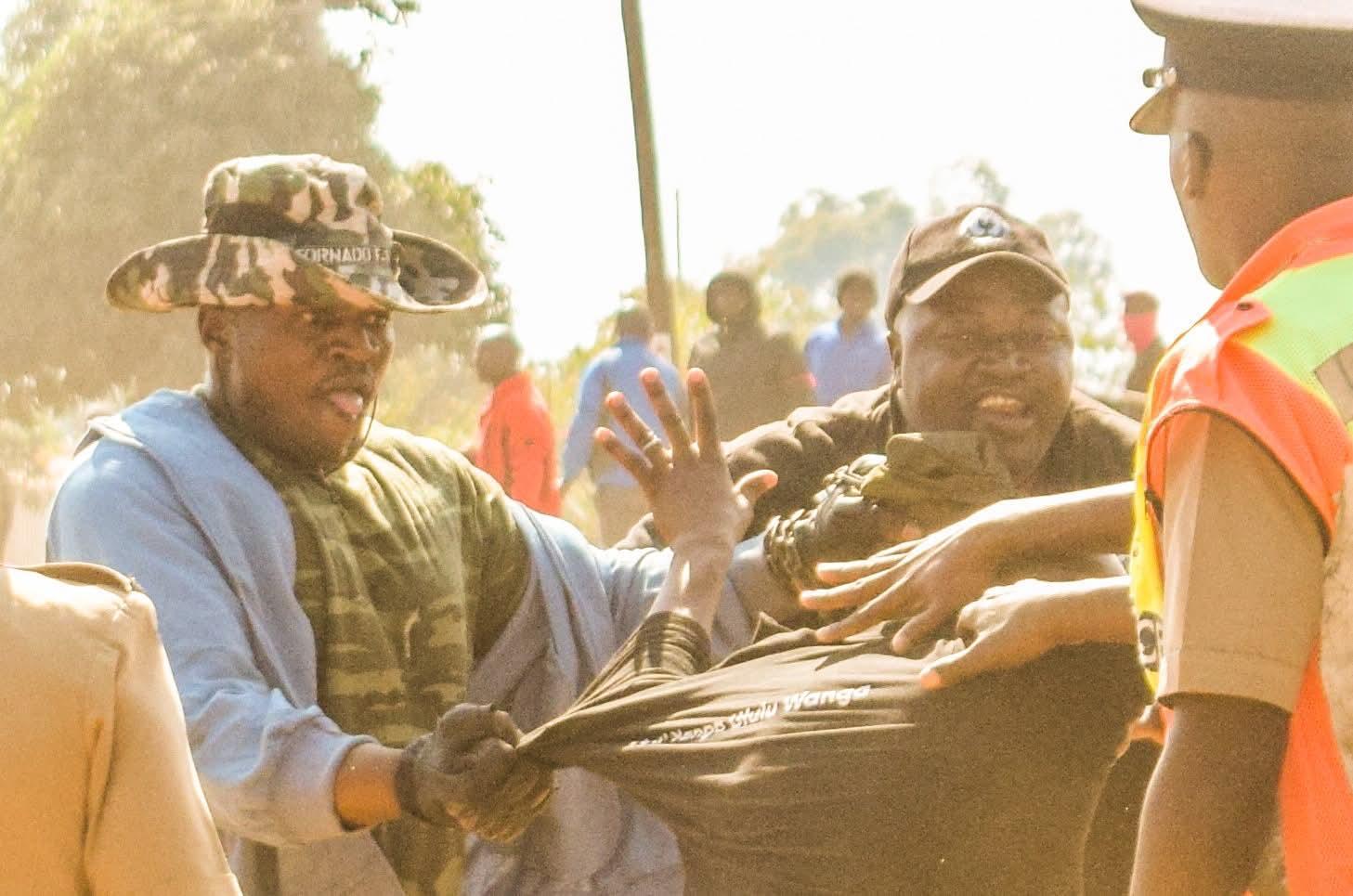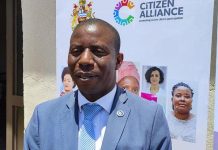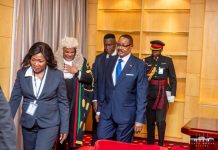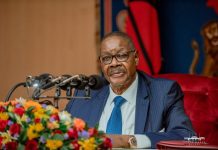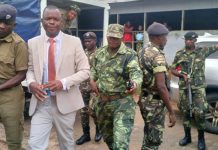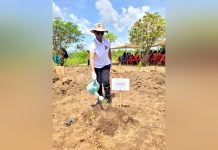Africa-Press – Malawi. On the eve of the inauguration of Malawi’s new President, an international storm has been unleashed over the country’s human rights record.
A United Nations Special Rapporteur has gone public with an official letter regarding the brutal attack on activist Silvester Namiwa.
The letter reveals that the government of Malawi has consistently failed to respond to previous inquiries about the case.
Namiwa, a fearless critic of the Malawi Congress Party (MCP), was ambushed and beaten by unknown assailants widely believed to be linked to ruling party structures.
Despite public outcry and repeated calls for justice, no one has been arrested or prosecuted for the assault.
The UN’s decision to make the correspondence public appears to be a deliberate move aimed at increasing immediate pressure on the incoming administration.
The Special Rapporteur stressed that the silence of the government sends a dangerous message of impunity to perpetrators of political violence.
This is not the first time Malawi has been accused of ignoring official UN communications on human rights abuses.
In 2021, a letter from the UN Working Group on Arbitrary Detention regarding the arrest of journalists covering anti-government protests received no substantive reply.
In 2022, UN experts expressed concern over the treatment of women activists who were reportedly harassed and intimidated by state agents, yet the government failed to acknowledge the correspondence.
Again in 2023, the Office of the High Commissioner for Human Rights wrote to Malawi regarding the violent dispersal of demonstrators in Lilongwe, but the authorities remained silent.
Human rights defenders argue that this consistent lack of engagement reflects a deeper unwillingness by successive governments to confront state-linked violence and abuse.
They say the Namiwa case is emblematic not just of impunity under the MCP but of a broader culture in which power is protected while victims are sidelined.
Observers note that timing is crucial, as the country prepares to swear in a new President who has promised to restore the rule of law and democratic accountability.
The publication of the letter may be seen as a test of the incoming leader’s commitment to justice and human rights.
Namiwa himself has continued to speak out despite the threats, insisting that Malawi cannot claim to be a democracy while political thuggery goes unpunished.
Civil society organizations in Malawi have welcomed the UN intervention, describing it as a necessary step to prevent the culture of impunity from taking deeper root.
Opposition politicians have also seized on the development, accusing the outgoing MCP-led government of shielding its loyalists at the expense of justice.
The matter has reignited debates about the misuse of power by ruling parties in Malawi and the weak protection mechanisms for human rights defenders.
International partners are closely watching how the new administration will handle the issue, with the potential for aid relations to be influenced by the government’s response.
Analysts warn that failure to act decisively on the Namiwa case could undermine the credibility of the incoming President from the very start.
At the same time, successful prosecution of those responsible could serve as a powerful signal that a new era of accountability has arrived.
The UN’s intervention underscores the global expectation that Malawi must strengthen its democratic institutions and protect freedom of expression.
For many Malawians, the unanswered letters to the government are a painful reminder of years of selective justice and political protectionism.
The spotlight is now firmly on the incoming administration, which faces the immediate challenge of proving that political violence will no longer be tolerated.
The Namiwa case may well define the early reputation of Malawi’s new leadership, setting the tone for whether the country truly turns the page on immunity.
For More News And Analysis About Malawi Follow Africa-Press

